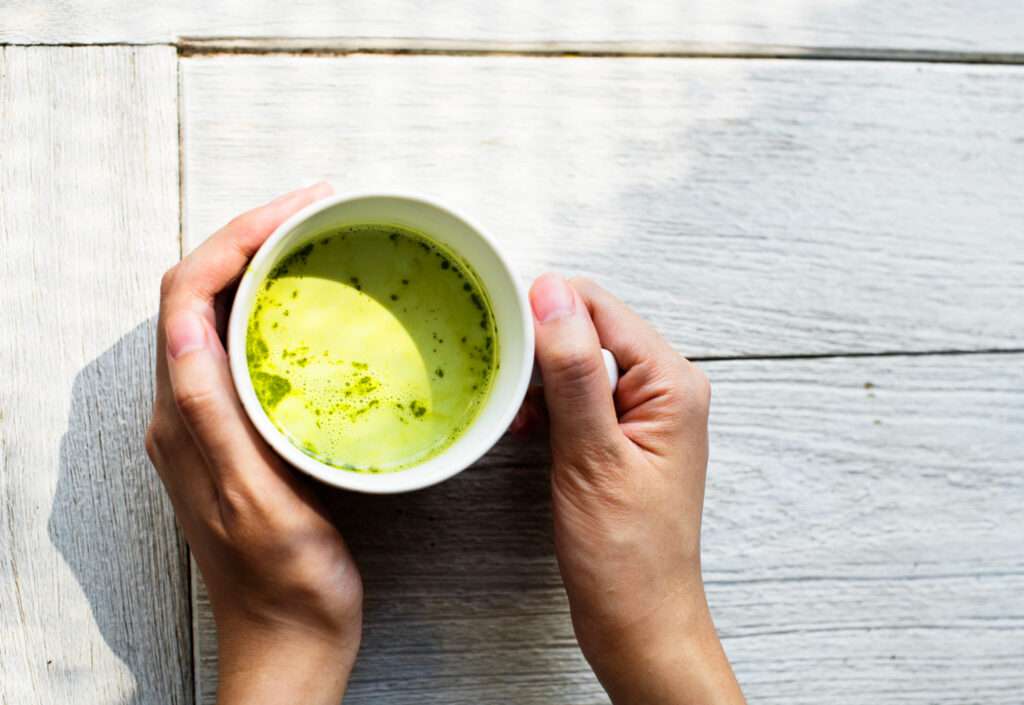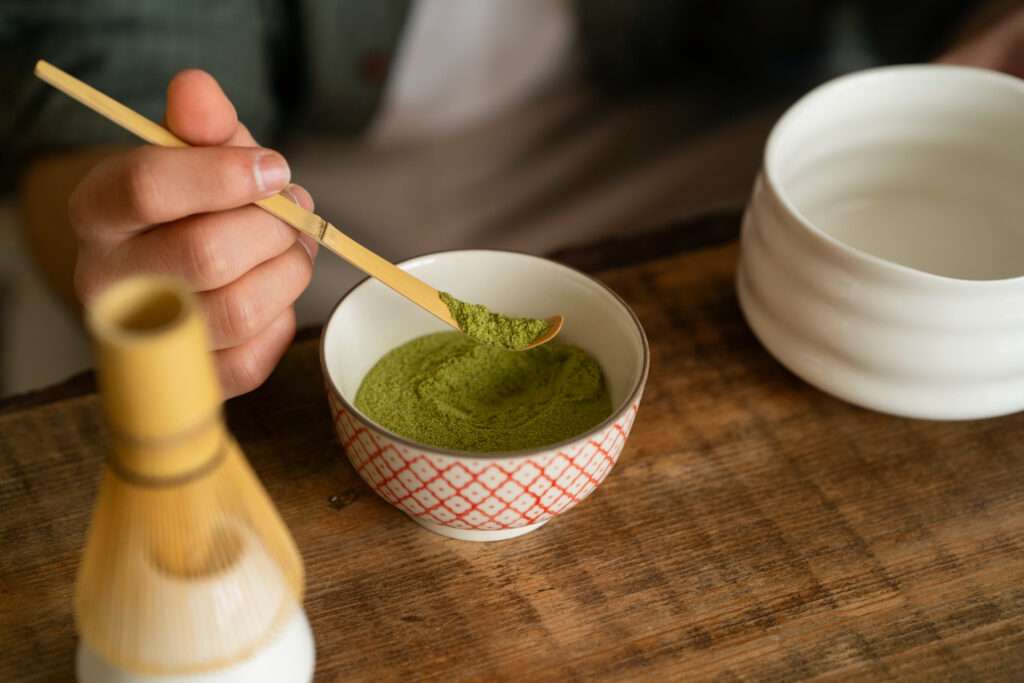Studies have found that matcha tea can help improve memory, boost heart health, promote healthy aging, and offer many other unexpected health benefits.
Matcha is a highly concentrated form of green tea powder, made from the Camellia sinensis plant. The tea leaves used to make matcha are grown in the shade, resulting in a richer, sweeter flavor than other teas.
Matcha is most easily consumed as a tea. People in Asia, especially Japan and China, have been drinking matcha tea for centuries. Recently, matcha powder has also been added to smoothies, ice cream, desserts, and traditional teas.
The benefits of matcha mainly stem from its high concentration of polyphenols, an antioxidant-rich nutrient found in plants. Polyphenols are known for their anti-inflammatory and antioxidant properties.
Many other foods also contain polyphenols, but the high concentration of polyphenols in matcha makes this tea powder stand out. According to Professor Karolina Jakubczyk of Pomeranian Medical University in Poland, the polyphenol content in matcha is 10 times higher than in green tea.

Matcha tea can help improve memory, boost heart health, and promote healthy aging
Potential Health Benefits of Matcha Tea
1. Matcha is good for brain health
Matcha is known for its properties that promote healthy aging, especially brain health. A 2020 study investigated the effects of matcha on the cognitive function of older adults in Japan. In the study, a group of participants drank a cup of matcha or a placebo every day for two weeks.
Women in the study who consumed matcha saw improvements in two markers of Alzheimer’s disease: overall function and episodic memory, the ability to remember details of everyday events.
2. Improves gut health

Catechin EGCG helps replenish beneficial gut bacteria, improving metabolism
The polyphenols in matcha affect gut health, thanks to the catechin EGCG – a polyphenol with a high concentration in matcha. The gut microbiome plays an important role in diseases such as diabetes, obesity, and liver disorders. Catechin EGCG helps replenish beneficial gut bacteria, improving metabolism.
In the study, after two weeks of drinking a cup of matcha tea daily, changes began to appear in the gut microbiome.
3. Reduces the risk of heart disease
Some studies have found that the antioxidant and anti-inflammatory properties in matcha can boost heart health. A landmark 2001 animal study found that green tea, including matcha, has a preventative effect on atherosclerosis, the buildup of plaque in the arteries.
Recent studies on some vitamins in matcha, including vitamin C, suggest that this tea has anti-atherosclerotic properties, but more research is needed to confirm this effect.

The antioxidant and anti-inflammatory properties in matcha can boost heart health
4. Reduces stress
A 2023 analysis of food science studies found that matcha can help reduce stress and anxiety. This is due to the high L-theanine content in matcha, an amino acid associated with better mood and lower stress levels.
Replacing coffee or energy drinks with matcha can be a great way to take advantage of the benefits of caffeine without the stress, as the caffeine properties of matcha differ from coffee.
5. Supports a stronger immune system
A cup of matcha a day can help keep the doctor away. Evidence has shown a link between matcha and a stronger immune system.
The anti-inflammatory properties of matcha support a healthy immune system, while significant improvements in gut health also enhance the body’s immune response.
6. Slows down premature aging
The catechins in matcha help protect cells from oxidative stress, potentially slowing down the aging process. This benefit is mainly found in the brain, but matcha can also slow down aging in other cells.
The catechins in matcha help slow down the aging process
7. May reduce the risk of certain cancers
One of the newest and most exciting benefits of matcha is its potential to reduce cancer risk. Early animal studies suggest that it can disrupt the cell cycle regulation of cancer cells. Most studies have examined the effect of matcha on breast cancer cells.
However, more human studies are needed to prove these benefits, as animal studies do not always translate to human benefits.
Some notes when using matcha
- Due to its high caffeine content, matcha should not be consumed before bed. Avoid any caffeine 4-6 hours before bedtime, as this is the time it takes to metabolize half of the caffeine consumed.
Matcha should not be consumed before bed
- Matcha can be contaminated with pesticides or heavy metals, so to avoid contamination, purchase reputable and quality products.
- If you already drink coffee, be mindful when adding matcha to your diet. Drinking matcha along with two to three cups of coffee a day can cause too much caffeine.
Matcha tea offers a compelling array of health benefits, from enhancing cognitive function and promoting heart health to bolstering the immune system and potentially reducing cancer risk. However, it’s crucial to consume matcha mindfully, considering its caffeine content and ensuring the purchase of reputable, quality products. By incorporating matcha into your routine with awareness and moderation, you can harness its remarkable benefits and contribute to your overall well-being.
